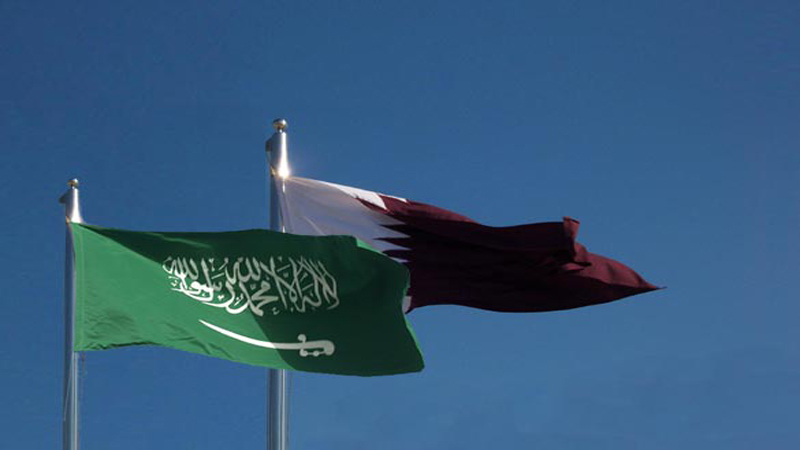Details of Two Secret Deals Fuel Qatar Spat

EghtesadOnline: The release of two secret accords that helped end a 10-month diplomatic impasse between Qatar and some of its Persian Gulf neighbors nearly three years ago is fueling the spat that has convulsed the region since early June.
The documents -- marked “highly confidential” and signed by the then leaders of Qatar, Saudi Arabia, the United Arab Emirates and Bahrain -- outline a 2013 agreement and a supplementary pact struck the following year. The details were first reported by CNN on Monday as Secretary of State Rex Tillerson toured the Gulf seeking a resolution. They were later confirmed by Saudi officials, Bloomberg reported.
The Saudi-led alliance that severed ties with Qatar on June 5 said the emirate’s failure to honor the earlier accords helped trigger the current crisis. It pointed to a provision allowing nations to “take appropriate action” against any state that fails to adhere to the pacts.
In response, a Qatari official said the 13 demands it was presented with last month -- which included the shutting of the Al Jazeera media network and ending ties with the Muslim Brotherhood -- were a violation of the so-called Riyadh agreements and their “implementation mechanisms,” as well as of the GCC charter.
Below is what we now know of those deals.
The 2013 Riyadh Accord
The handwritten accord centered on three main issues, followed by details of an enforcement mechanism and specific steps to be taken.
1. The signatories agreed “not to interfere in the internal affairs” of other Gulf Cooperation Council members “directly or indirectly,” and not to harbor or grant citizenship to any citizens engaged in activities damaging to those countries, according to the documents released. All sides should refrain from supporting “hostile media” owned directly or indirectly by the governments with a list of organizations to be compiled and updated regularly. Academic entities or organizations in GCC nations that seek to train individuals in counter-government activities should be shut.
2. The countries agreed to refrain from supporting the Muslim Brotherhood or any of the organizations or individuals that threaten the security and stability of the GCC nations “whether through direct security action or through political influence,” according to the documents. Signatory nations should be provided with a list of “non-citizens’’ to be deported within an agreed time frame.
3. No support for groups in “Yemen or Syria or other troubled spots” that threaten the stability and security of GCC nations.
The Follow Up Pact
The nations stressed the need to implement the previous year’s accord at a meeting on Nov. 16, 2014, the documents show. The supplementary accord added a condition that all signatories adopt Saudi Arabia and U.A.E.’s embrace of President Abdel-Fattah El-Sisi’s government in Egypt, which replaced one sponsored by the Brotherhood and removed by the military.
Also included was a call to stop all media activities “targeting Egypt,” including reports aired by Al Jazeera and its Egyptian channel Mubasher Misr. The parties also agreed to work to stop “denigrating reports being published in the Egyptian media.”


